Signs of Celiac Disease You Shouldn't Ignore
A compassionate guide to recognizing the signs of celiac disease and understanding its impact for early diagnosis and better health.

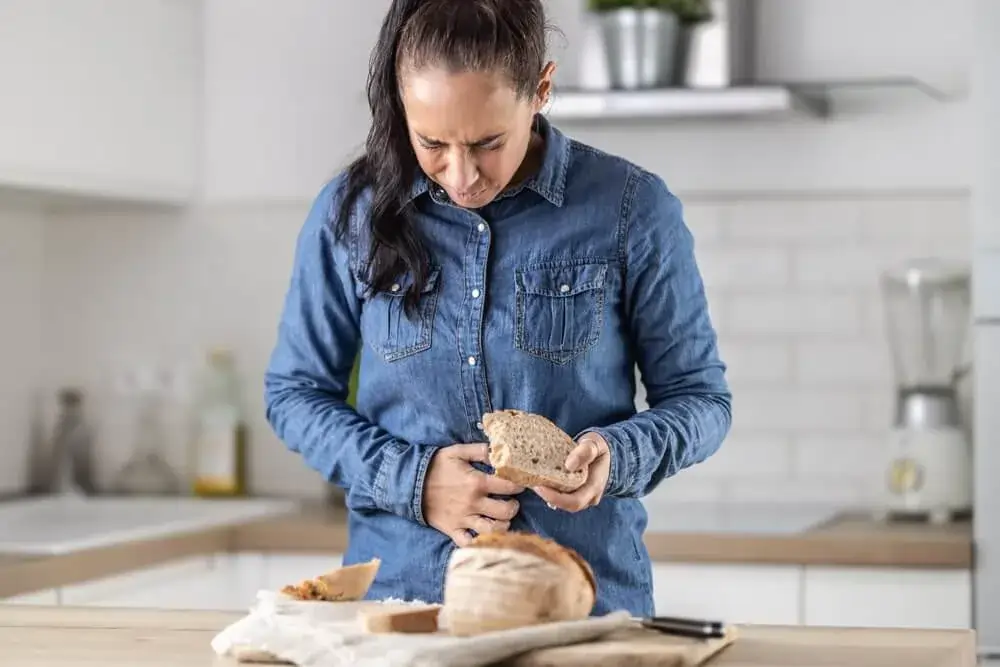
A compassionate guide to recognizing the signs of celiac disease and understanding its impact for early diagnosis and better health.
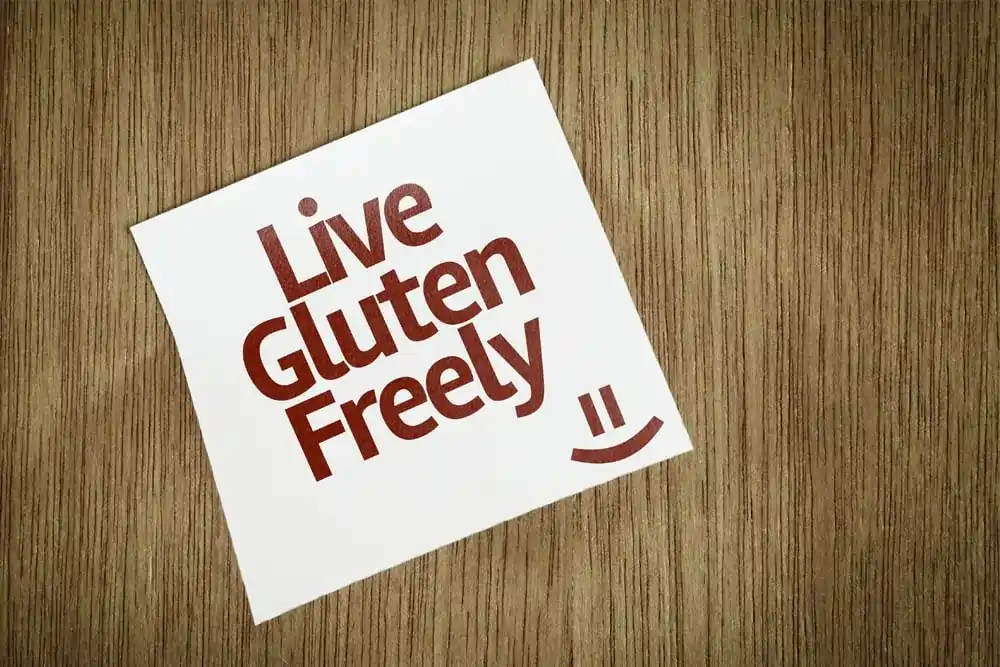
A guide to gluten-free living, including tips and tricks on how to live a healthy, balanced gluten-free lifestyle.
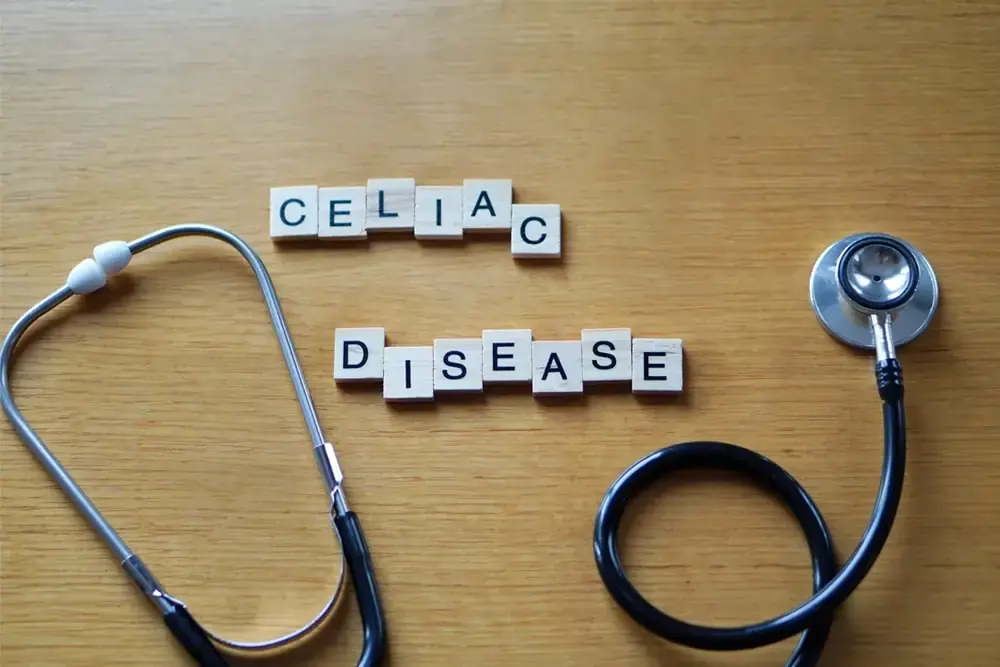
A concise history of celiac disease, how it affects the gut and general health of a person, and the main approaches towards the successful management.

The hernia may be in either form of a bulge or a lump in the abdomen or the groin with a lot of discomfort, pain or a sense of heavyness, particularly on lifting or coughing.

Hernias may lead to digestive problems in the form of pains, bloating, and obstruction of the bowel due to the pressing of the intestines that influence the functioning of the gut and its overall health during the digestive process.

Obesity and excess weight put strain on the abdominal muscles and increases the chances of hernias and makes the process of healing difficult.
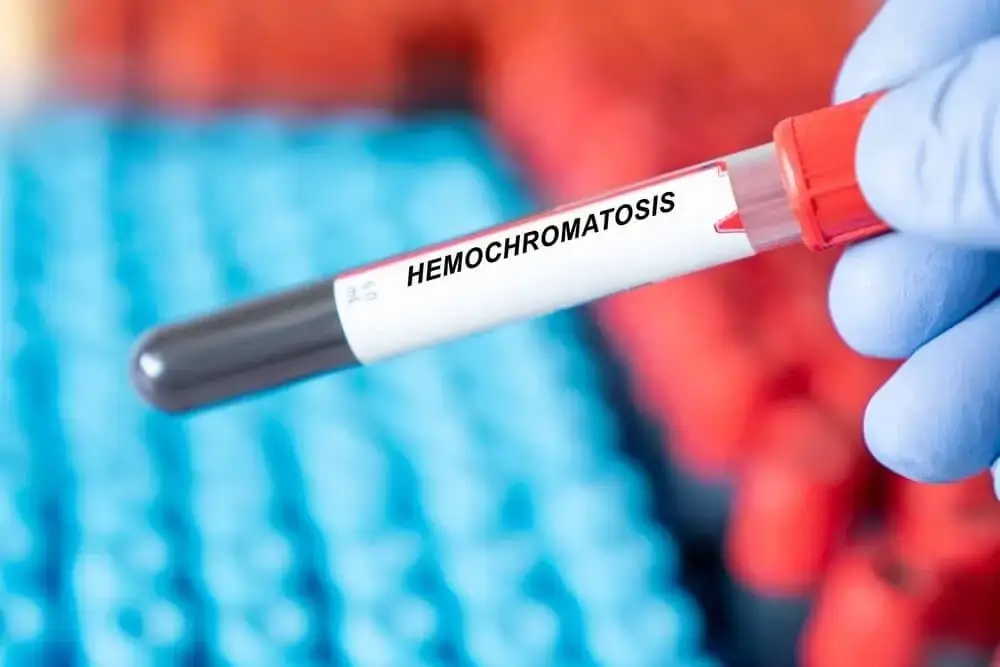
Hemochromatosis is a deficiency due to excess of iron which results in fatigue, pain on the joints and liver complications. Gastrodoxs Houston has the potential to manage the symptoms and safeguard your health through early diagnosis and treatment.

Treat hemochromatosis through early diagnosis, frequent monitoring, blood transfusion, changes in diet, and treatment. Gastrodoxs Houston provides professional advice on how to treat and live a better life.

Gastroparesis leads to slow emptying of the stomach which is characterized by nausea and bloating. It is a guide to make you realize the signs, tests, and how physicians distinguish between gastroparesis and any other digestive problem.

Mental health is frequently affected by gastroparesis and leads to anxiety and depression. Figure out coping, emotional support tips, and treatment options in order to deal with the emotional burden of this silent digestive condition.

Gastroparesis is a difficult condition to live with, and even with some basic creative habits such as eating in small portions, hydrating, avoiding stress, and engaging in slight exercises, the digestive system and lifelong quality can be enhanced to a considerable extent.
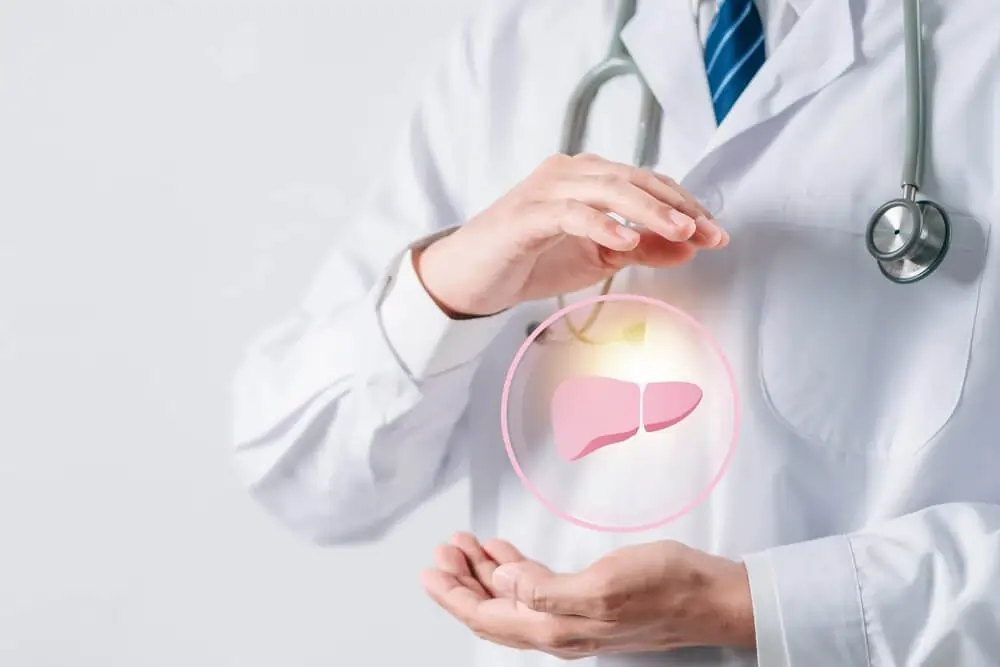
Liver cancer has inconspicuous onset, and there are a limited number of initial symptoms. Find out the main risk factors, the things that come early in the disease to know that with an early diagnosis, things may turn out to be better.
The GastroDoxs digestive health blog is designed to provide expert-backed insights on gastrointestinal wellness, gut-friendly diets, common digestive disorders, and evidence-based treatment options. Our goal is to help individuals struggling with acid reflux, bloating, IBS, constipation, and other gut health issues by offering research-backed advice and actionable health tips.
No, our blog is written in easy-to-understand language, making complex medical topics accessible for everyone.
We ensure all our content is based on the latest research and regularly update posts to reflect new findings in digestive health.
Yes! If you have a specific topic you’d like us to cover, feel free to reach out through our Contact Page.
No, while our blog provides valuable health information, it should not replace professional medical advice. Always consult a healthcare provider for personalized recommendations.